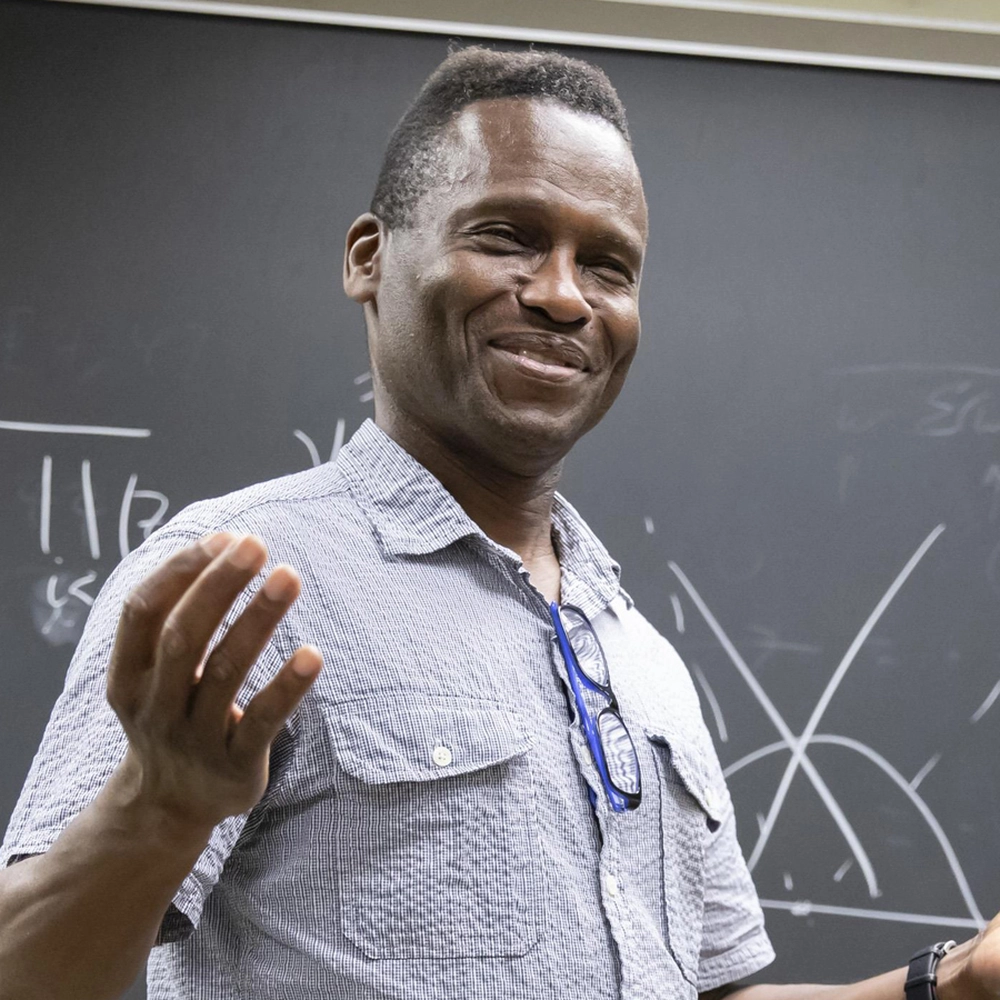
Professor Philip W. Phillips has been elected to The American Academy of Arts & Sciences as part of its 2020 class of 276 artists, scholars, scientists and leaders in the public, non-profit and private sectors.
Founded in 1780 by John Adams, John Hancock, and others who believed the new republic should honor exceptionally accomplished individuals and engage them in advancing the public good, the Academy continues that same commitment 240 years later, recognizing excellence and relying on expertise of its members to advance its projects. Phillips is one of two University of Illinois at Urbana-Champaign faculty members to receive the honor this year.
Phillips, who is a chemistry faculty member and part of the theoretical condensed matter group in the Department of Physics, has developed various models of how electrons travel through superconductors containing copper and iron and how electrons interact at temperatures near absolute zero.
He is recognized for his work on the random dimer model, a 1-D model that conducts electricity in the presence of disorder thereby violating the localization theorem of Anderson’s and for developing the concept of Mottness which explains the break-down of the particle concept in strongly interacting systems such as the copper-oxide high-temperature superconducting materials. In addition, he has devised successful models for that elusive state of matter the Bose metal.
Phillips earned his PhD from the University of Washington in 1982. He taught at Massachusetts Institute of Technology from 1984 until 1993 when he joined the faculty at Illinois. He is a fellow of the Guggenheim Memorial Foundation, the American Association for the Advancement of Science and of the American Physical Society.
Nancy C. Andrews, chair of the board of directors of the American Academy, said the incoming members are congratulated for excelling in a broad array of fields.
“We want to celebrate them and learn from them,” she said. “When Academy members come together, bringing their expertise and insights to our work, they help develop new insights and potential solutions for some of the most complex challenges we face.”
The Academy’s projects and publications are focused on the arts and humanities, democracy and justice, education, global affairs, and science.